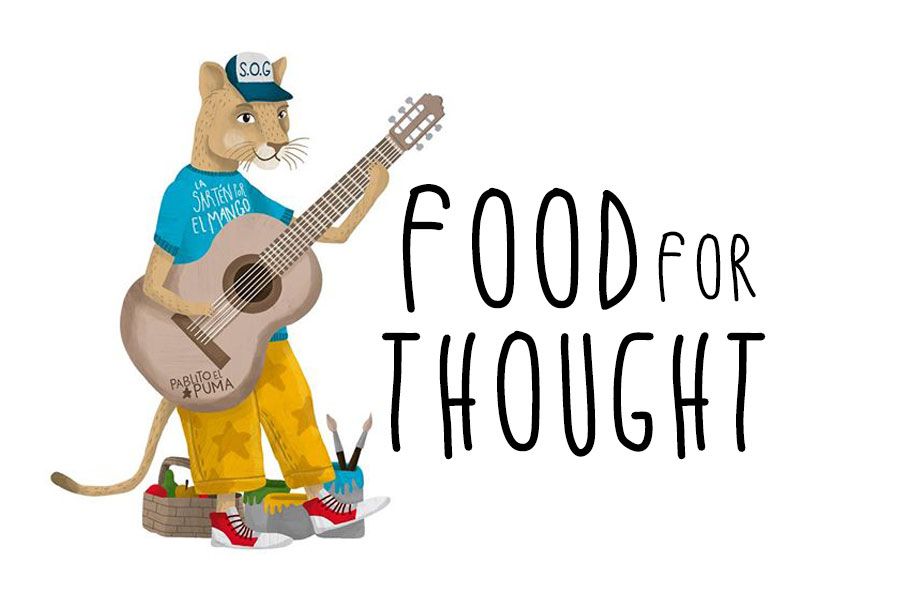In 1997 ‘The Four Agreements’, a book written by Miguel Ángel Ruiz, was published. Miguel translated the philosophies of the ancient Toltecs into a type of code of conduct that has four rules. Their purpose is to reduce suffering in the lives of those who attempt to apply them. I am usually skeptical about these types of things but I liked their simplicity. I can’t remember when I was first introduced to them, a good few years ago, but since that point, I have been testing their durability.
I can honestly say that they are extremely effective not only in my personal life but also when working in a group environment. In Food for Thought we evaluate every day. We meet up with the education team (staff and volunteers) at the end of the day to assess what went well, and what could be improved. In my experience within this environment, they have been an asset. In saying that, I use them as a guide, not as rule and law. They are extremely hard to apply, but I believe are an excellent value system to follow. Using them as a guide has hugely benefited our relationships and prompted real, sincere, and lasting social connections.
In my day 8 blog, I talked about not telling kids what to do. I tried teaching them once to the kids but realised that the most powerful form of transmitting an idea is to demonstrate that idea though living it, or being an example of it. Our example is the most powerful teacher that exists. Here they are:
Don’t take anything personally
If you take anything personally, then you are incorporating the negative effects of the ‘Ego’. Healthy social interactions break down when anybody is working from that place. It draws away from true connection. Being humble, down to earth, and understanding that nobody it out to do you harm changes the way we interact.
Don’t make assumptions
Making assumptions in social interactions lead to us creating false stories in our heads. If we make one incorrect assumption, our stories of other people get built on that assumption. Not making assumptions leads us to a place of patience, empathy, fluid interactions, and connection.
Be impeccable with our word
Being impeccable with our word means that our actions reflect what we say. If actions and words share the same space, that integrity and coherence draw others in. This demonstration of coherence builds trust, and trust is the first step towards building deep connection.
Always do your best
Doing our best means that we are honest with ourselves, which in turn creates confidence. Confidence is the fire in our bellies and the key to not only learning but also social connection. It is contagious and leads to a stronger more resilient self who takes responsibility for their actions.
